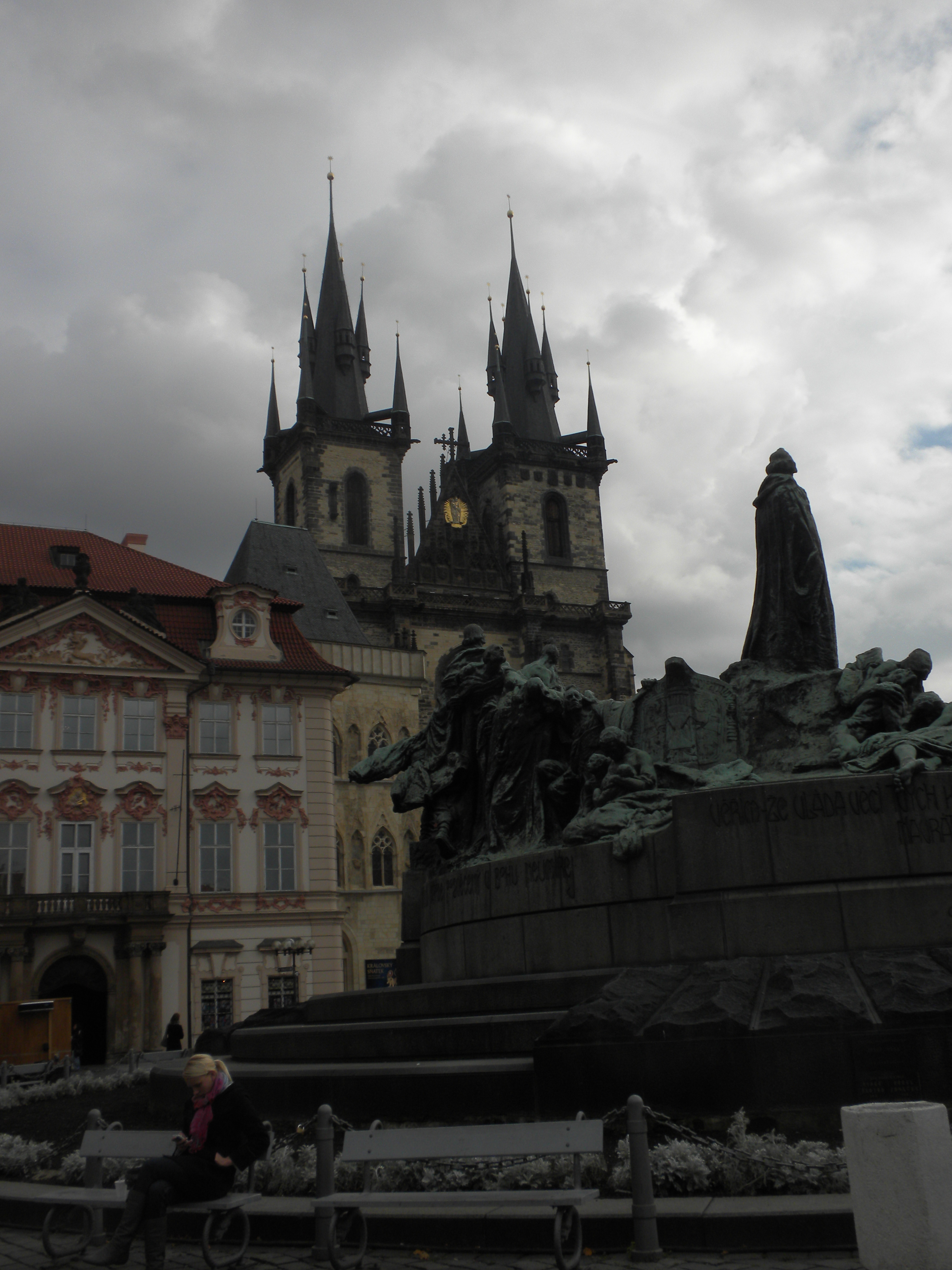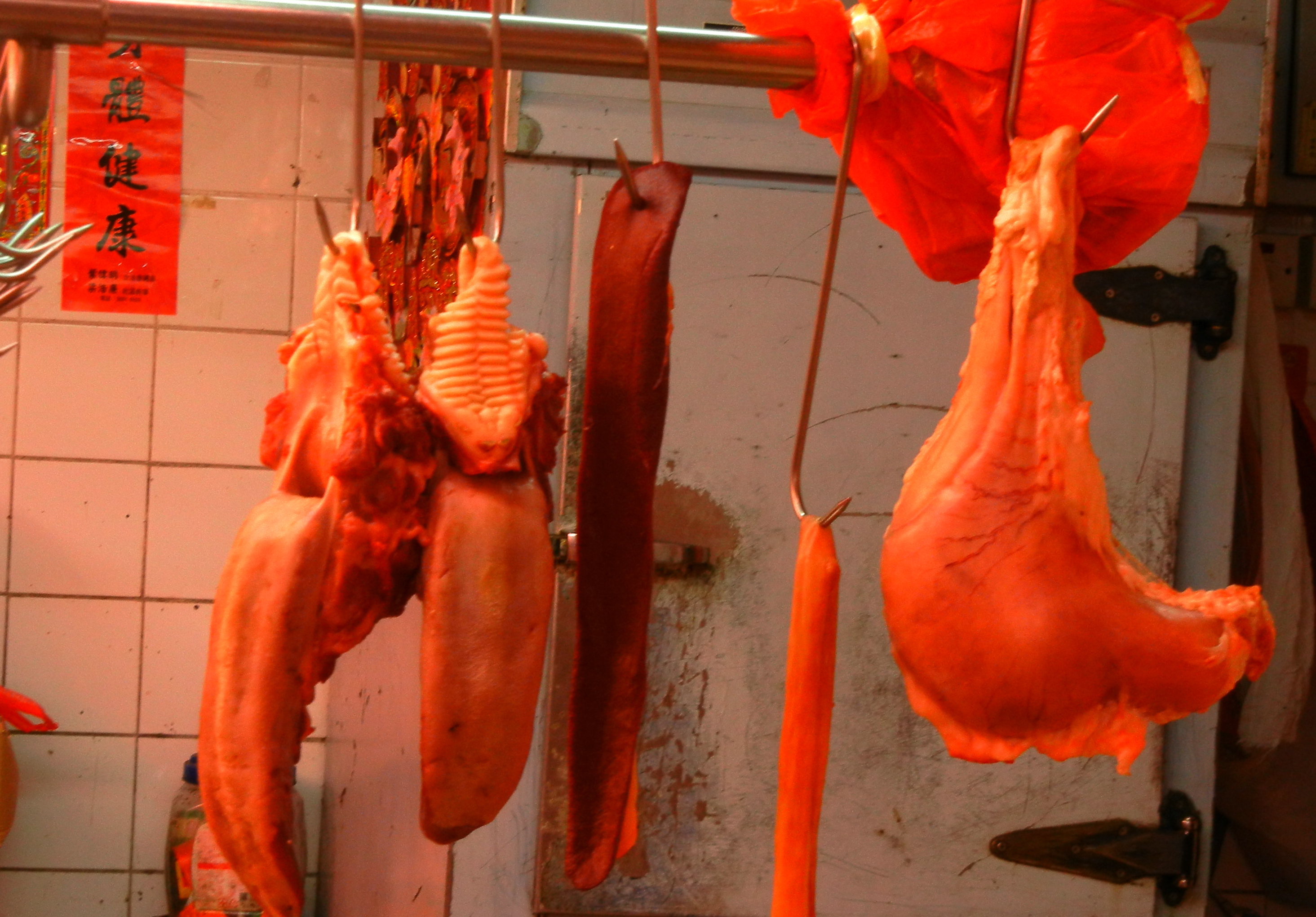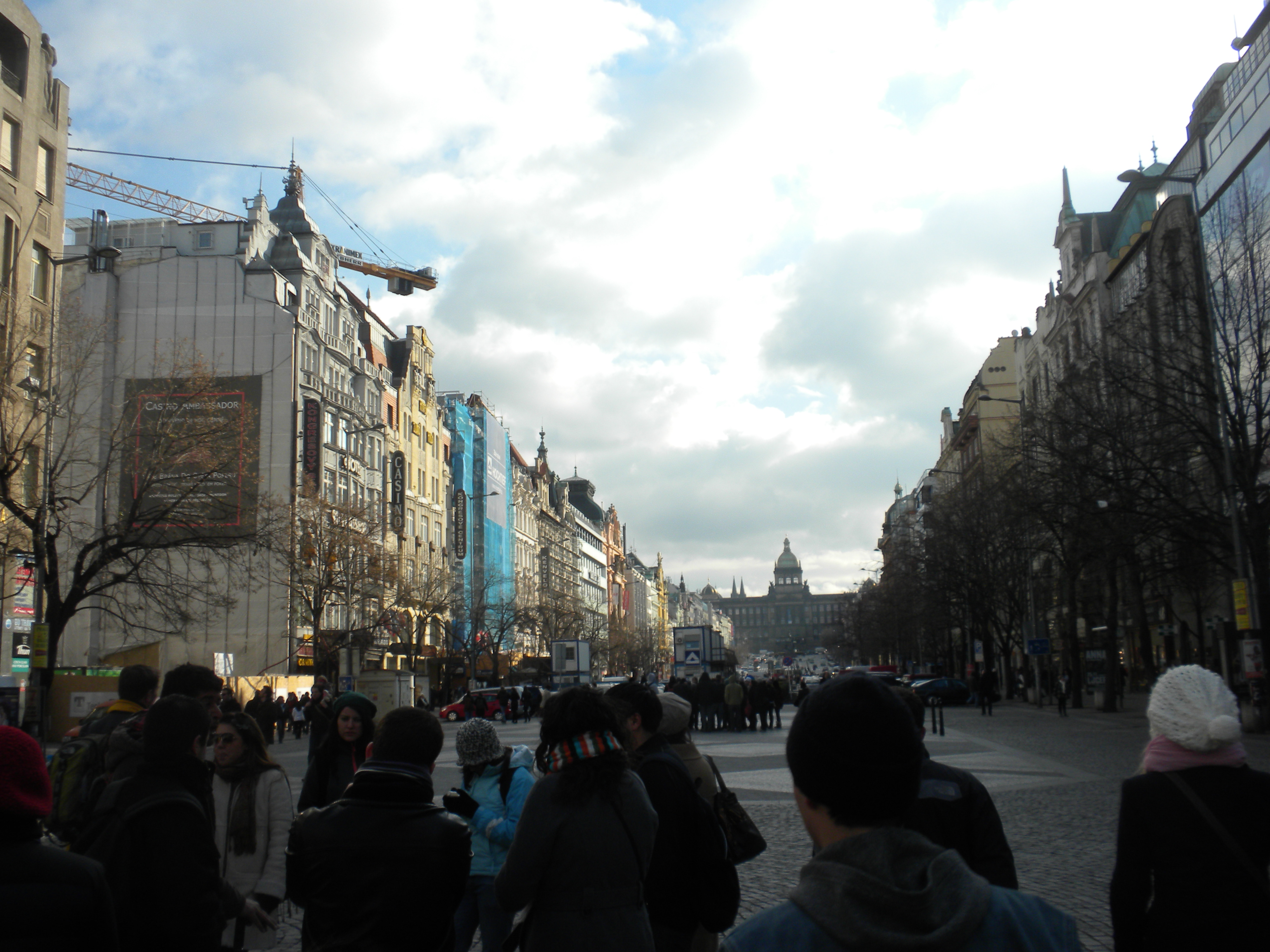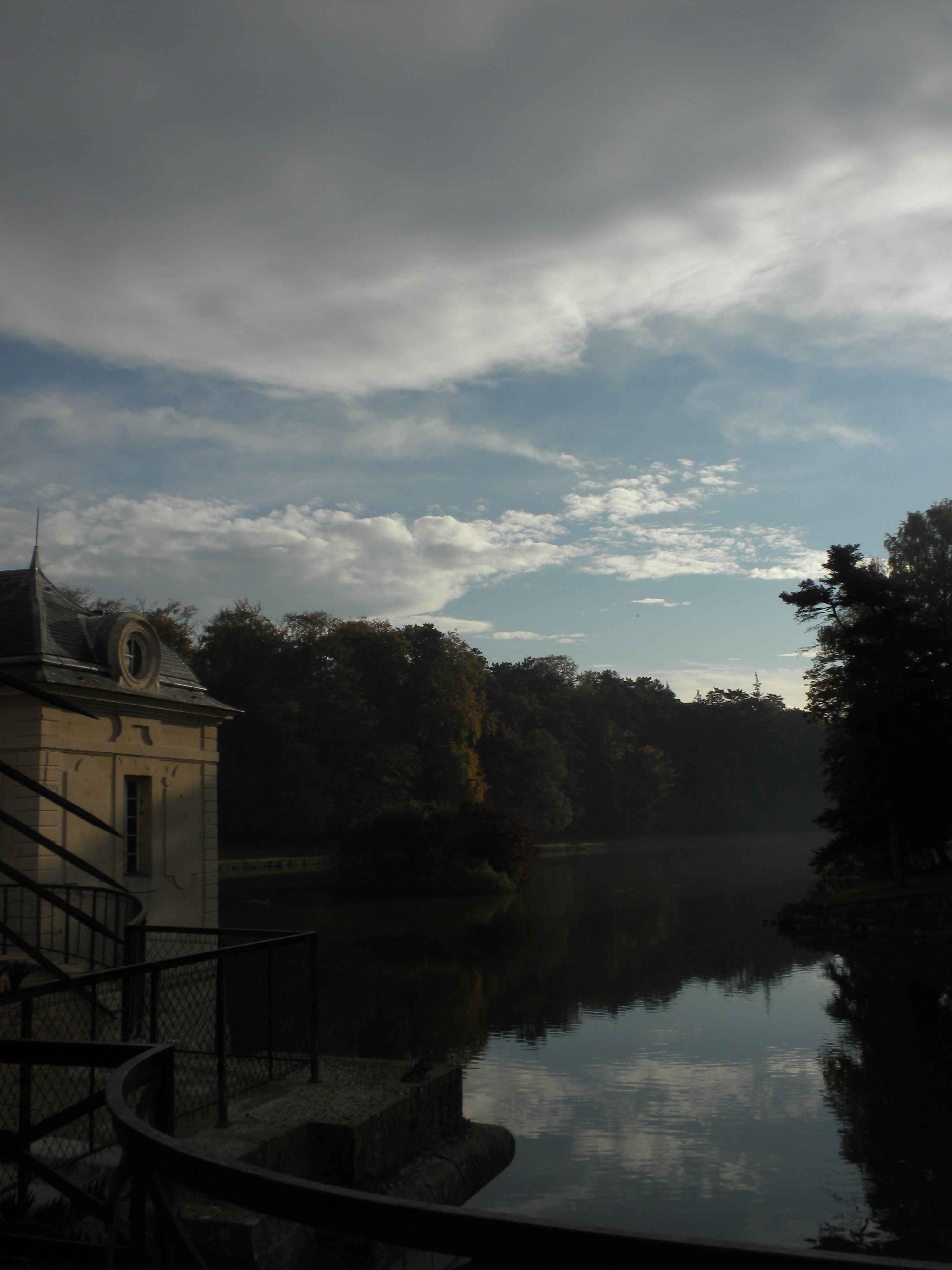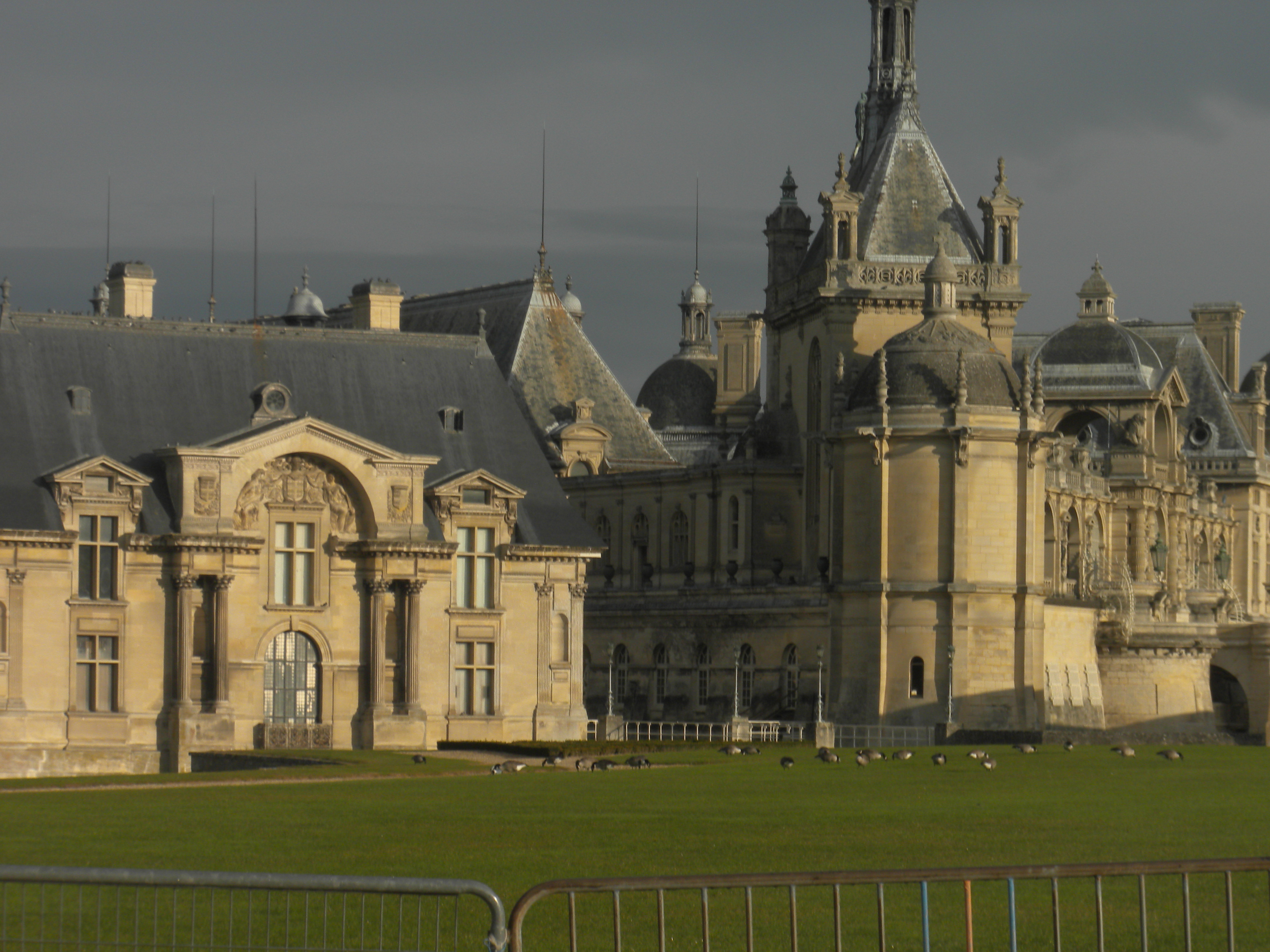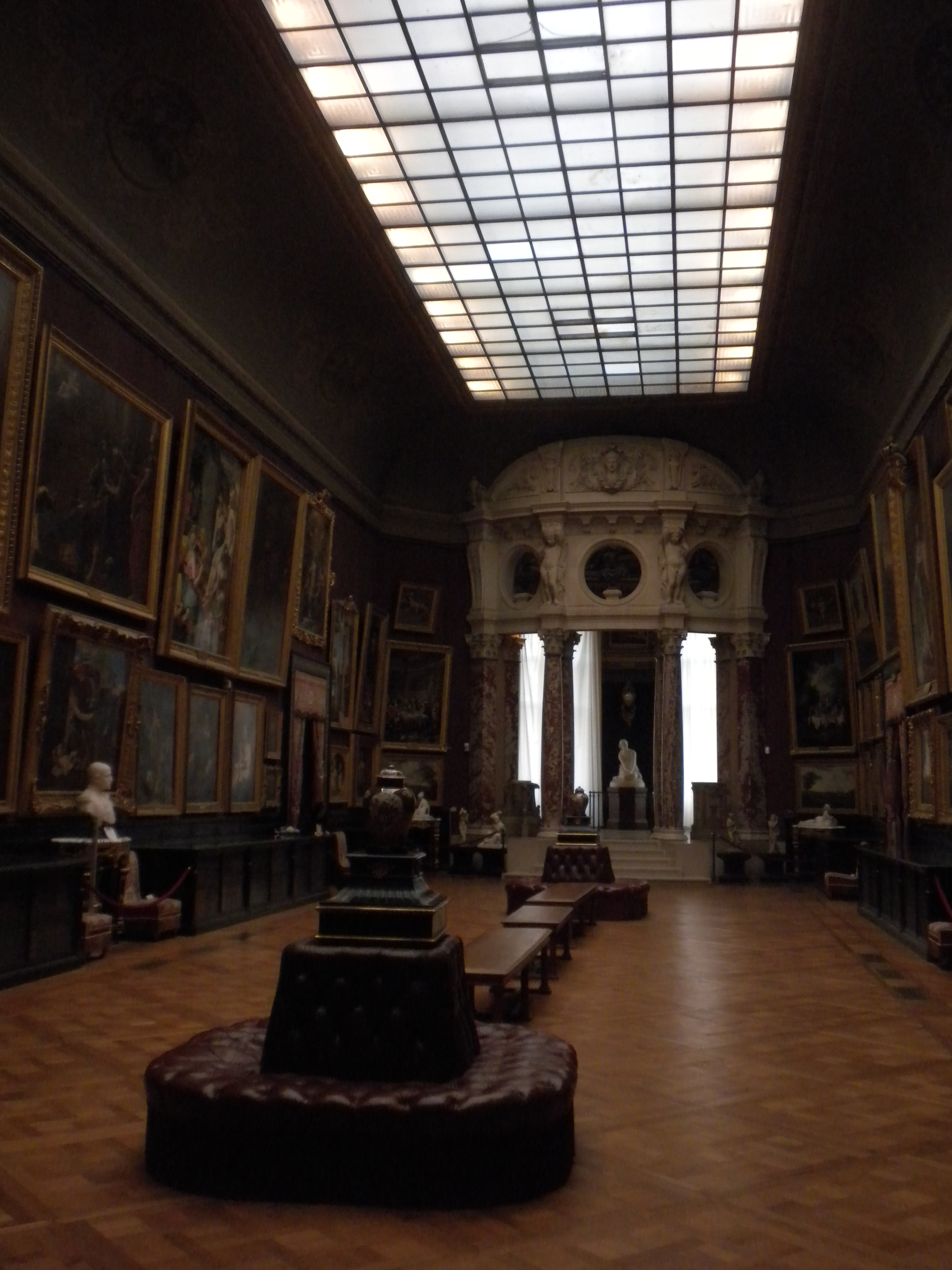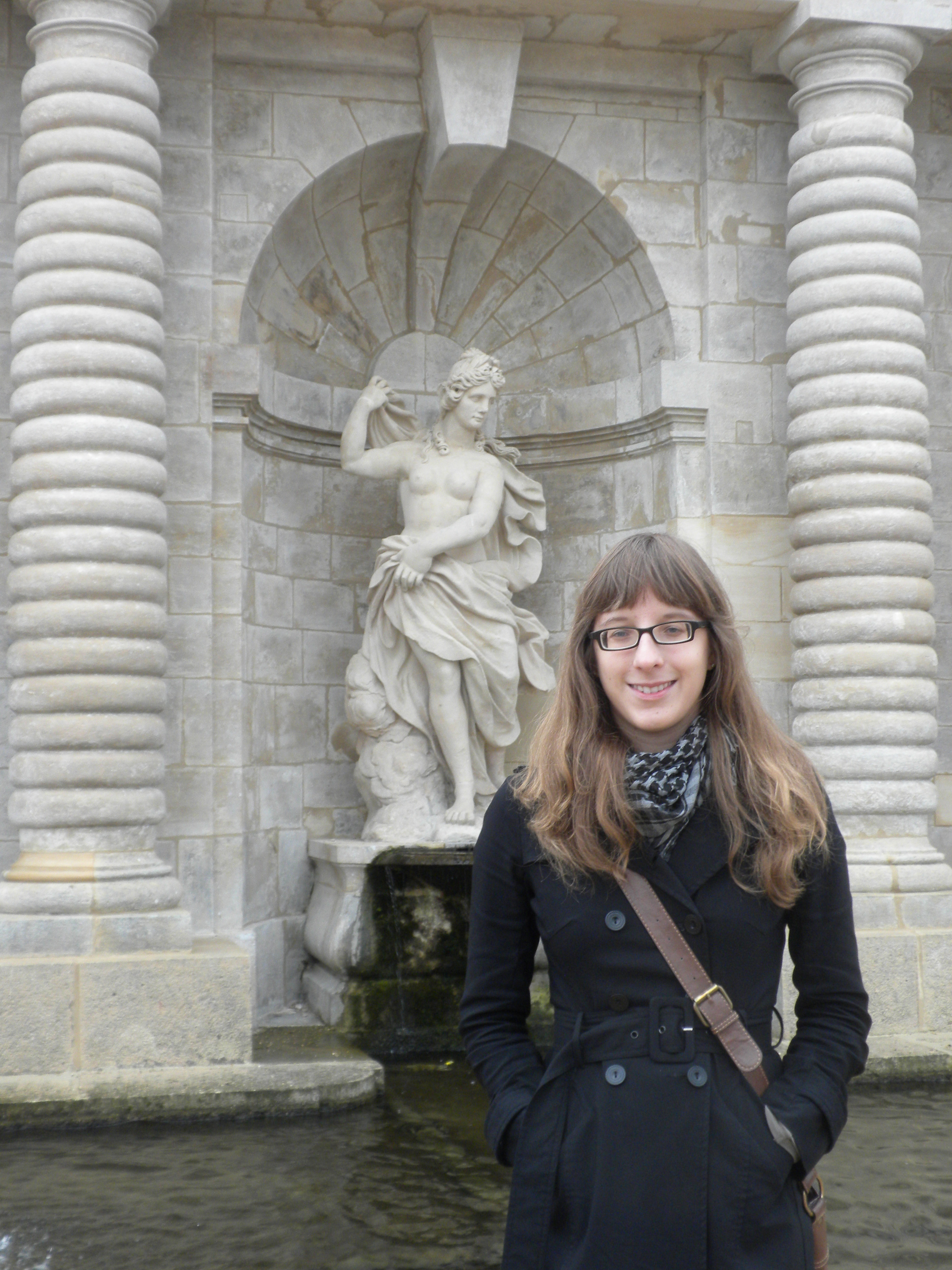I’ve been home for about a week now. It’s strange being back in the United States. I’m already afraid of losing all of the language skills I gained while in Paris. Living here again will be a challenge and a compromise, a constant search to find the balance between this American life and the one I left in Paris.
Another part of returning is being a sort of cultural ambassador for France. While abroad, Penn State and IES would often remind us that we were cultural ambassadors for the US, representing our country, setting an example and answering questions about it. But it works the same way now as well. People are constantly asking me to confirm or deconstruct their stereotypes of the French. Sometimes they’re genuinely interested. Sometimes they just want to pin me into an argument that supports their own opinions – that English is the only useful language, that France is useless and America has to keep helping them, that the French are mean, that there are terrorists lurking everywhere, that pickpockets are unavoidable, that it must be incredibly difficult to function in a new environment completely immersed in another language (not easy, but not impossible). I love explaining what living in Paris is actually like, but it can be frustrating too. One of the great values of studying abroad is the cultural perspective and understanding that it builds, and I believe that sort of reasoning and thinking is imperative to living in the modern world and being a member of human society.
Location: Bethlehem, Pennsylvania


